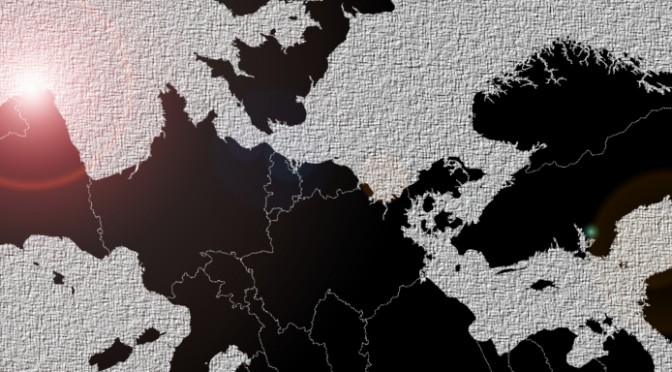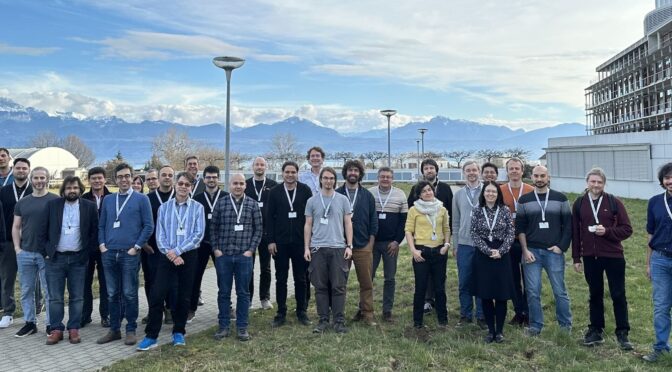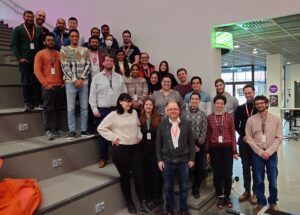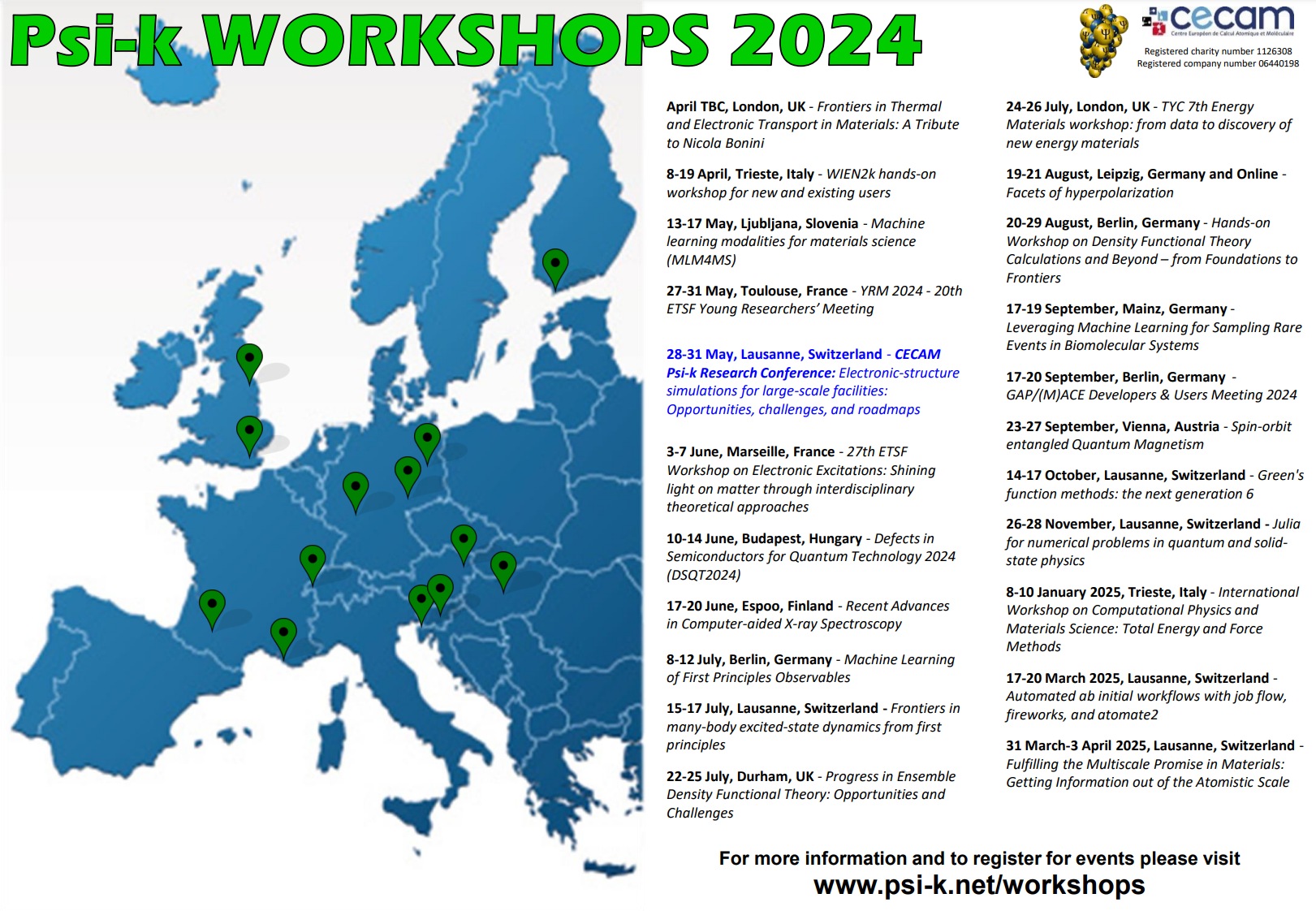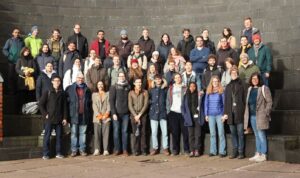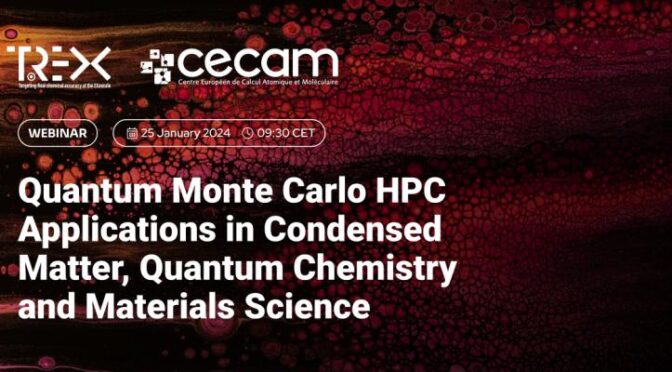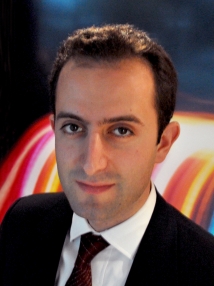MISSION: Psi-k is a Europe-based, worldwide network of researchers working on the advancement of first-principles computational materials science. Its mission is to develop fundamental theory, algorithms, and computer codes in order to understand, predict, and design materials properties and functions. Theoretical condensed matter physics, quantum chemistry, thermodynamics, and statistical mechanics form its scientific core. Applications encompass inorganic, organic and bio-materials, and cover a whole range of diverse scientific, engineering, and industrial endeavours. Key activities of Psi-k are the organization of conferences, workshops, tutorials and training schools as well as the dissemination of scientific thinking in society.
Psi-k is a bottom-up researchers’ network, established in 1994, to build strength and cooperation in the field of computational electronic structure. Psi-k activities are coordinated by a Board of Trustees, a Scientific Advisory Committee, and 16 Working Groups. These activities encompass the organization or co-sponsoring of ~30 workshops, conferences, schools or tutorials every year, an annual research conference jointly with CECAM, and a major conference covering the entire field every 5 years.
In addition, Psi-k produces a regular newsletter with extensive scientific highlights, and allows researchers to advertise job openings, events, and other topics of mutual interest through its 5000+ members mailing list.
This new website — introduced in 2015 to replace a venerable old site that provided sterling service over many years — offers a much more flexible modern design and functionality and it is to be hoped that it will provide even more stimulus for collaboration and cooperation amongst its members. Instructions regarding how to use it are here.
|
Psi-k is a registered charity and can only continue to operate thanks to the contributions from our member organisations and institutions. If you would like to make a donation to Psi-k please contact us to request an invoice or make a donation directly through our PayPal account… |

